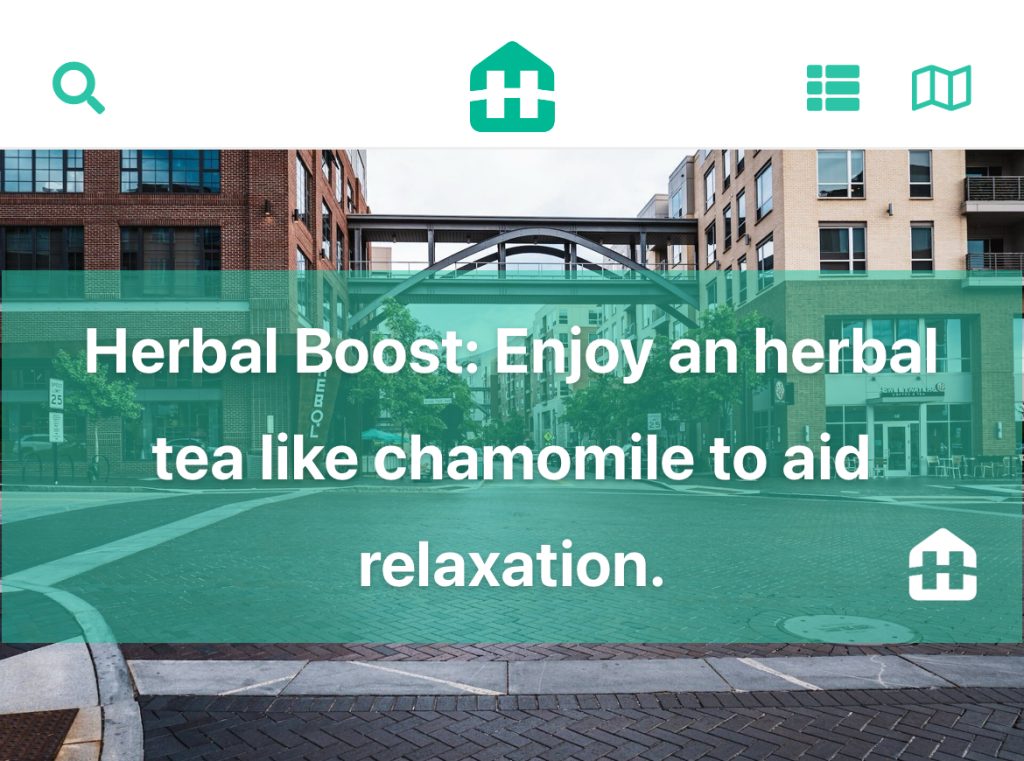“Want to Open a Group Home? Here’s the Secret to Finding Your Perfect Niche!”

Opening a group home can be a rewarding venture, offering you the chance to make a meaningful impact in the lives of individuals with mental health challenges, developmental disabilities, or other support needs. But before you dive in, there’s one critical question to answer: where do you fit in the world of group homes?
In this post, we’ll walk you through the steps to discover your unique place in this life-changing industry and set you up for success.
1. Understand the Role of Group Homes
Group homes play a crucial part in the behavioral health field, offering residents a safe and supportive environment to live and grow. As an owner, your role extends beyond providing housing; you’ll help create a community that fosters independence, stability, and emotional well-being.
Before moving forward, ask yourself:
- What type of group home do you want to run? Mental health, substance abuse recovery, developmental disabilities, or elderly care?
- Who do you want to serve? Adults, teens, or a specific demographic?
Having a clear vision of your purpose will guide the rest of your journey.
2. Research Your Market
To find your place in this competitive field, you need to understand the demand in your area:
- Are there gaps in services for specific populations?
- What types of group homes already exist nearby?
- What partnerships can you create with local agencies, hospitals, or behavioral health professionals?
Tools like The Group Home App can help you identify community resources and professionals looking for placement options, giving you an edge in understanding your market.
3. Assess Your Strengths
Not every group home owner follows the same path. To find your niche, reflect on your strengths:
- Experience: Do you have a background in behavioral health, social work, or caregiving?
- Passion: What population are you most drawn to supporting?
- Resources: What funding or connections can you leverage to build your home?
Your unique skills and resources can help you determine the type of group home that aligns with your capabilities.
4. Get Educated on Regulations
Each state has specific licensing, zoning, and operational requirements for group homes. Familiarize yourself with these regulations early on to avoid roadblocks. Partnering with experts or platforms like The Group Home App can connect you to resources and professionals who’ve walked this path before.
5. Build a Network
Successful group home owners rarely go it alone. Start building relationships with key players in the field, such as:
- Behavioral health specialists
- Case managers
- Community organizations
- Other group home owners
Your network can provide valuable referrals, insights, and even clients when you open your doors.

6. Use Technology to Your Advantage
Modern group home management relies on more than just passion; it requires efficiency. Platforms like The Group Home App can:
- Help you find qualified residents
- Connect you with behavioral health professionals
- Provide tools to streamline daily operations
Embracing these resources allows you to focus on what matters most: creating a supportive environment for your residents.

7. Take the First Step
Starting a group home may feel overwhelming, but every successful owner began where you are now: curious, inspired, and ready to make a difference. By researching, planning, and leveraging the right tools, you can carve out your unique place in this industry and create a home that transforms lives.
Your next move could change someone’s future—and yours.
Download The Group Home App and Start Today!
Click below to take action now.
👉 Download on Apple
👉 Download on Android
The Group Home App is your partner in success, helping you connect with behavioral health professionals, streamline operations, and find your unique place in this life-changing industry.
Don’t wait—your dream of opening a group home is closer than you think.


